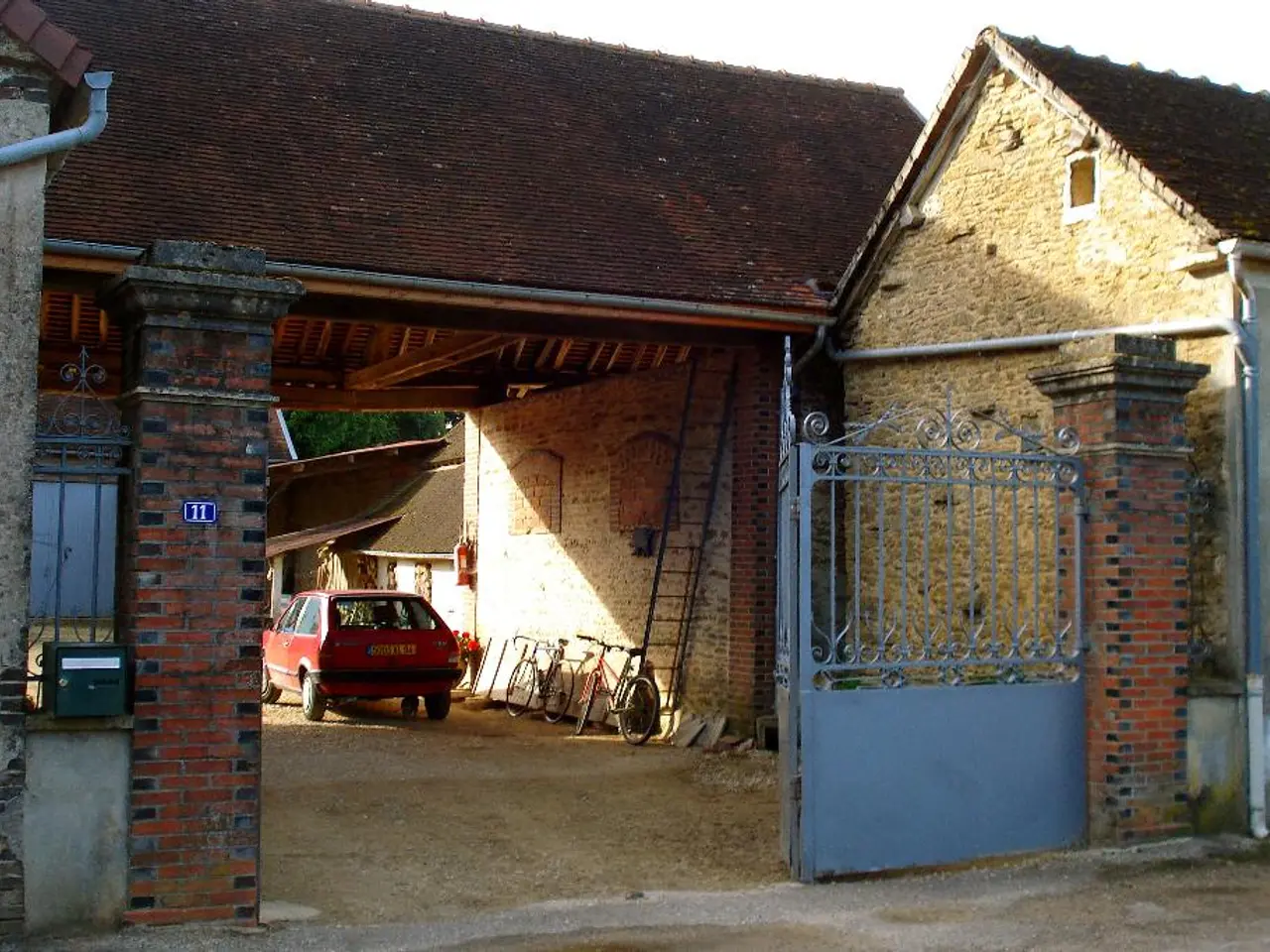Family offices gravitate towards modern real estate investments, as discussed by panelists at our Summit on our site
Family Offices Embrace Sophisticated Real Estate Strategies
The Family Office Summit 2025, held recently, provided valuable insights into the evolving landscape of real estate investment by family offices. Panelists at the event discussed the future of real estate ownership, highlighting a shift towards more diversified, professionalized, and structured approaches.
Real estate has long been a common investment in family office portfolios, and this trend is set to continue. However, the ownership structures have changed significantly, with the introduction of private equity funds, private credit, REITs, INViTs, and alternative structures.
One key development is the increased engagement in direct and co-investments. Family offices are taking significant ownership stakes in real estate or trading companies, and they are also co-investing alongside private equity sponsors or other family offices to access larger and more diversified real estate opportunities.
Another significant change is the use of fund structures and in-house vehicles. Many family offices are setting up bespoke fund structures to centralize asset oversight, reduce advisory costs, formalize governance, and facilitate succession planning. These fund structures can include private equity-style funds dedicated to real estate investments.
Private credit and structured credit solutions are also being used more frequently to finance real estate projects, particularly in the development and residential sectors. This approach enables family offices to access alternative exposure with potentially better risk-adjusted returns.
Access to publicly listed real estate investment trusts (REITs) and Infrastructure Investment Trusts (InvITs) has grown, especially in markets like India. Family offices are seeking more liquid and professionally managed real estate exposure, and emerging pre-REIT structures through Alternative Investment Funds (AIFs) enable participation in large-scale commercial real estate assets and digital real estate.
There is also a rising trend towards digital real estate assets and curated real estate funds leveraging AIFs. This reflects next-generation family office preferences for innovative and structure-driven real estate investments with enhanced liquidity and professional oversight.
However, panelists at the event were cautious about exotic assets in real estate investment. While alternative assets are seeing an increase in allocation, family offices are focusing on clarity in regulatory policies to ensure a stable and secure investment environment.
In conclusion, family offices in 2025 prefer a diversified, professionalized, and structured approach to real estate ownership. This evolution enables them to achieve greater control, scalability, intergenerational transfer ease, and liquidity compared to traditional ownership methods.
For more insights on the current trends in real estate investment by family offices, visit our website where the discussion from the Family Office Summit 2025 was featured.
Family offices are increasingly leveraging private equity funds, private credit, REITs, INViTs, and alternative structures to diversify their real estate investments (Finance). They are also setting up bespoke fund structures to centralize and formalize asset oversight (Finance).
The cautious use of exotic assets is emphasized by family offices in real estate investment, with a focus on clarity in regulatory policies for a stable and secure investment environment (Finance).




